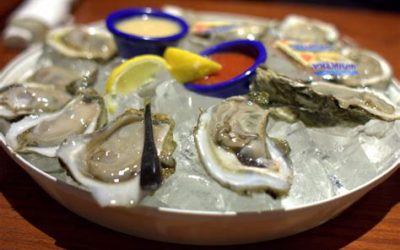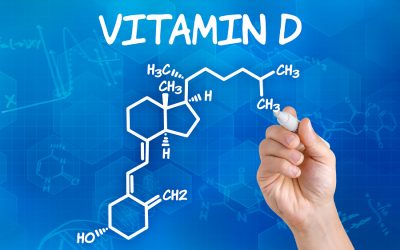Zinc is a trace mineral that is used by enzymes in multiple normal body processes including the immune system, wound healing, skin and hair growth. Oysters are a very rich source of dietary zinc,...
Our Blog
Calcium after bariatric surgery
Calcium is the most abundant mineral in the human body, although almost all of it is stored in the bones and teeth. Calcium is also used by the body for nerve conduction, blood clotting and other...
Avoiding the Clexane jabs after weight loss surgery
Venous thromboembolism (blood clots in the legs or lung) are rare, but still one of the most common serious complications that can happen after bariatric or weight loss surgery. They are also...
Risk of Weight Regain after Gastric Sleeve and Gastric Bypass
In a previous post I have discussed the reasons that it can be so hard to answer questions about weight regain after sleeve gastrectomy and gastric bypass, however a recently published study gives...
Vitamin D
Vitamin D is a hormone made by your skin by exposure to sunlight. At higher latitudes, such as here in the southern part of New Zealand, the sunlight is not very strong for much of the year so...
Vitamin B12 after bariatric surgery
Vitamin B12 is a water soluble vitamin involved in the metabolism of every cell in the body, but particularly in the development and normal function of the brain and central nervous system, and in...
Iron and iron deficiency after bariatric surgery
Iron is a mineral used by the body to make the 'haem' protein that is part of the haemoglobin molecule in red blood cells that transports oxygen around the body. Iron is normally absorbed in the...
Type 2 diabetes and bariatric surgery
A recent PwC report on type 2 diabetes has been getting some media coverage over the past few days. This report looks at the increasing prevalence of type 2 diabetes in Aoteoroa/New Zealand and the...







